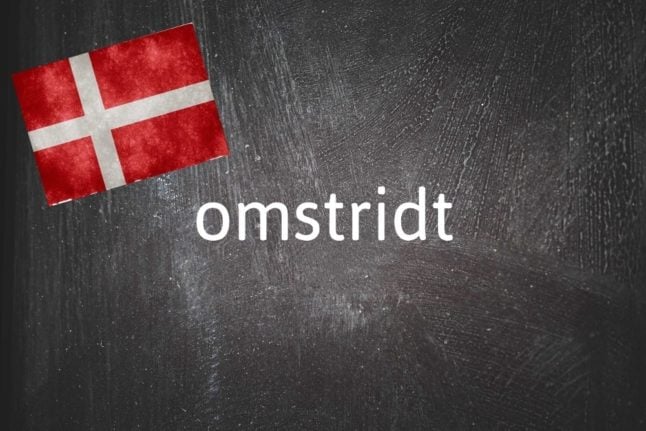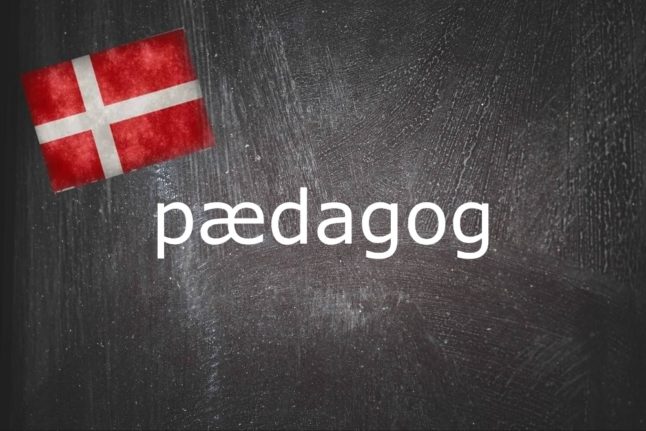What is omstridt?
Omstridt is an adjective meaning something around which there prevails a lot of disagreement or conflict. This could be a topical discussion related to politics, or a physical conflict.
The word is made up of the adverb om, which usually means something similar to “around” or sometimes “again”; and the verb at stride, meaning to fight a battle or be in conflict.
Examples of these two components individually are at lave noget om, meaning to “start something again from the beginning”; and at vende om, which is “to turn around”. The latter is more important in omstridt.
If something is said to stride imod something else, the two sides contradict each other. Det strider imod min moral means “that goes against my morals”.
Two opposing sides can strides against each other: Frankrig og Argentina strides om VM-pokalen (”France and Argentina are battling each other for the World Cup trophy”).
In this last sentence strides and om are next to each other, giving the same effect as the composite word omstridt.
Why do I need to know omstridt?
It’s a word you might commonly see in print, particularly news coverage. This is because it describes something around which there is an ongoing conflict where there are two (or more) clearly defined, opposing camps.
The conflict maybe over an idea or it may also be a physical one, thus omstridt is also used in war reporting.
In the context of a debate, the disagreement or discussion is more likely to be described as omstridt the longer it has gone on for.
Examples
Stort flertal vedtager omstridt ghettoplan
Large parliamentary majority passes divisive ghetto bill
Sydkorea udvider luftforsvarszone i omstridt område
South Korea extends no-fly zone in disputed region



 Please whitelist us to continue reading.
Please whitelist us to continue reading.
Member comments